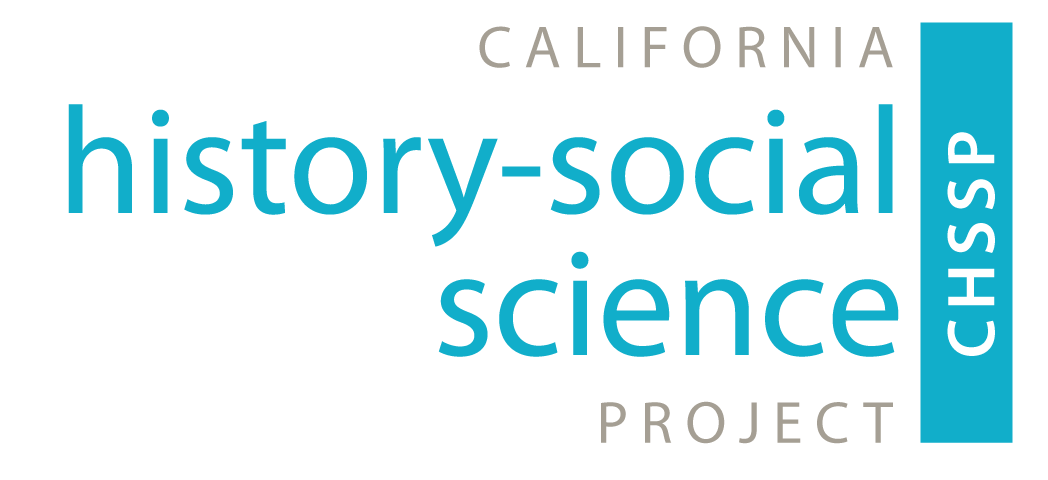Preparing History Teachers for the Common Core Standards
Originally posted on April 11, 2012 by Shennan Hutton
Previously I’ve written about my support for the Common Core Reading and Writing Standards for Literacy in History/Social Studies, as I urged my fellow history teachers to embrace the Common Core as a way to enhance their teaching of history and their students’ learning. Today I’m addressing administrators about preparing my fellow history teachers for the Common Core standards.
As we all know, there are scanty resources for professional development of any kind in this challenging economic environment. I think that is all the more reason that the funds that are available for professional development be spent very wisely. If a school finds itself in the position to finance professional development for its history teachers, I recommend that such funds be spent on Common Core training specific to the discipline of history and presented by a historian educator.
I know it must be tempting for an administrator to hire a literacy expert to make a presentation on the Common Core to the entire faculty. After all, literacy experts are usually engaging and competent presenters, with a one-size-fits-all approach to literacy, and can train the whole staff at once. In my 15 years as a history teacher in a California public high school, I attended many professional development events of this type. An expert would come in for a day or two, tell us that the program he or she was presenting would completely revolutionize our teaching and solve our educational problems, and then go away. We would listen, with varying degrees of politeness, but we would be thinking, “This person knows nothing about history. He or she wants me to teach reading and writing when I already have so much historical content to teach. Why should I throw out everything I do already to accommodate this educational fad?” Then we would go back to our classrooms and do what we had done before.
Why doesn’t the expert approach work? I believe there are two reasons. First, history teachers are historians. They value the content they teach very highly. They will not willing adopt any program that devalues historical content. They discount the one-size-fits-all, generic approaches as useless to their central mission of teaching history. They have to be convinced that teaching literacy will actually enhance their students’ comprehension of historical content. The expert has to approach them through the content, use examples from historical content, and thoroughly understand the content. The best expert to convince history teachers to teach the Common Core effectively is a historian.
Secondly, the expert approach does not acknowledge or build upon the best practices already developed in the historical profession. Instead, the expert often instructs history teachers, along with the rest of the faculty, to adopt a new method of teaching, with the hidden implication that everything the teacher is already doing is wrong. As a teacher who spent untold hours improving instruction in my classroom, I truly resented being told to discount all the work I had already done in favor of new methods. Even if such a message is not the expert’s intention, teachers often walk away from professional development events with this type of resentment.
There are a number of historians and history educators working on improving instruction in K-12 education. Their work often correlates directly to the Common Core standards. Consider the research conducted by Sam Wineberg and The Stanford History Education Group. Abby Reisman recently wrote an article, “Reading like a Historian,”giving the results of a study done in San Francisco high schools. The study teachers switched to teaching primary source documents using analysis questions. Not only did the students score better on reading tests, but also on historical content assessments. This is kind of argument that might really convince history teachers to transform their instruction.
To all of this, an administrator might think that history teachers are too hard-headed, and given that history occupies such a small part of the API score, they might be safely ignored. However, consider the prototype Common Core assessments for English Language Arts, released this winter by the Smarter Balance Assessment Consortium, with assessments for grades 3-11, based on 11 different texts. Of these 11 texts, 2 were scientific, 4 were historical or governmental, and 3 were news stories about social issues emerging from new technology. Only 2 texts were explicitly literary: one poem and one story. Not only do you need your history teachers to teach literacy, but the tests themselves will use far more texts drawing on history-social science reading and thinking skills than literary texts.
If you want high-quality professional development for history teachers (or for elementary teachers for this subject) on incorporating the Common Core into history instruction, consider hiring a historian from the California History-Social Science Project. Professional development funds are too scarce to be wasted.
